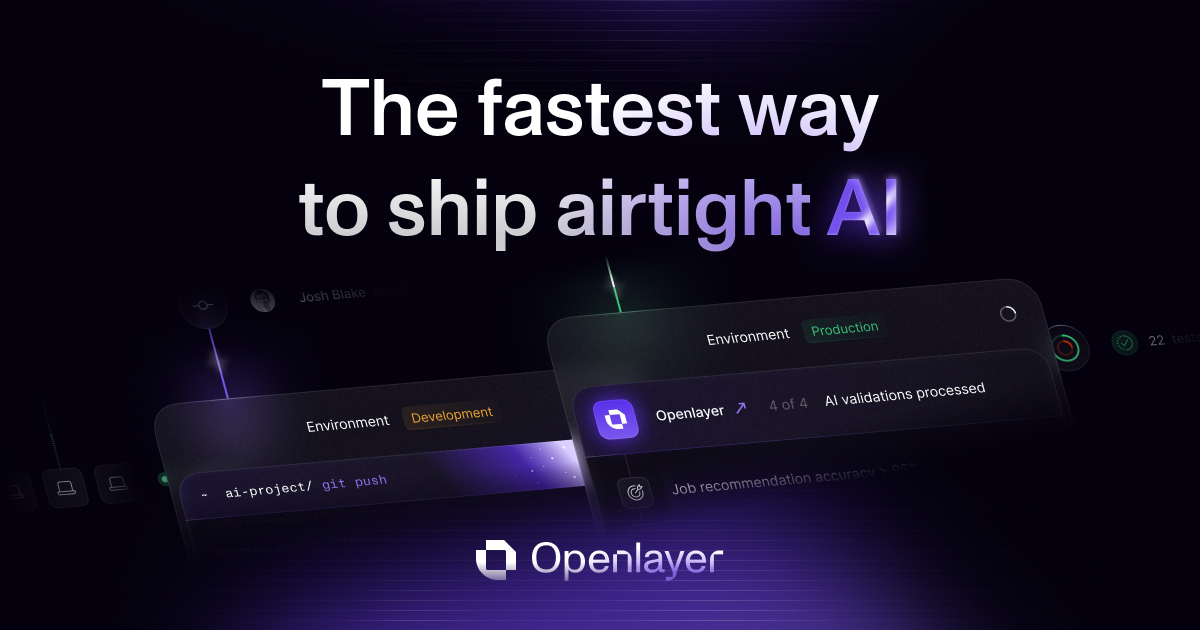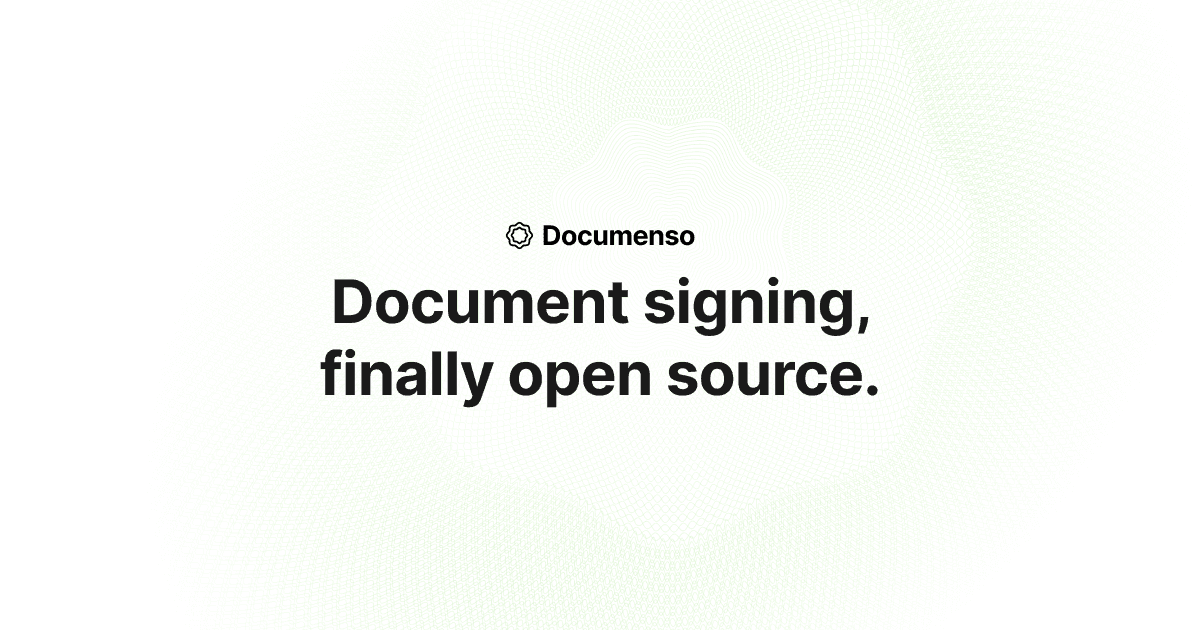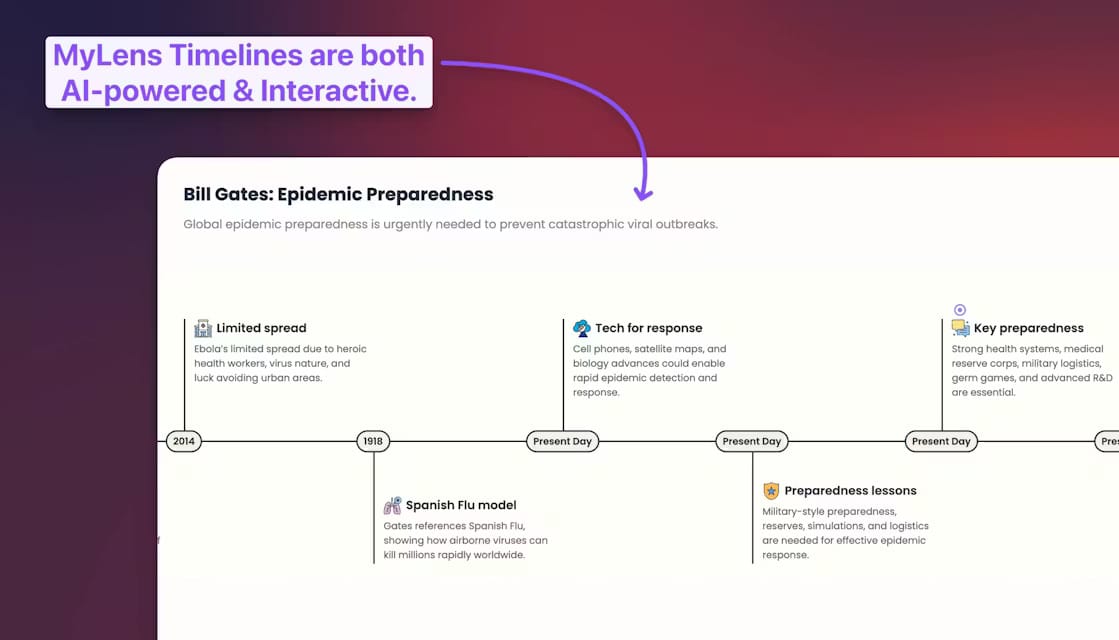Good morning. It’s Monday, November 17th.
On this day in tech history: In 1995, IBM researchers introduced Envelope Search, a new way to speed up large-vocabulary speech recognition. It combined A* search’s ability to look ahead with Viterbi’s reliable timing, allowing the system to drop low-probability paths early and focus on the ones that mattered. This made real-time recognition far more practical on the limited hardware of the day. It’s not a widely known milestone, but the core idea of using smart pruning to make decoding more efficient still shows up in modern speech, translation, and LLM systems.
In today’s email:
OpenAI’s Prompting Guide
Google’s MultiAgent
Grok 5 Delay
5 New AI Tools
Latest AI Research Papers
You read. We listen. Let us know what you think by replying to this email.
In partnership with WorkOS
As AI agents connect to enterprise systems through MCP, secure authorization is essential.
This guide explains how to implement OAuth 2.1 with PKCE, scopes, user consent, and token revocation to give agents scoped, auditable access without relying on API keys.
Learn how to design production-ready MCP auth for enterprise-grade AI systems.
Thank you for supporting our sponsors!

Today’s trending AI news stories
OpenAI publishes prompting guide for GPT-5.1 amid AMA backlash
OpenAI just dropped a new toolset for GPT-5.1. The new prompting guide gives developers precise levers to control tone, structure, agent personality, response length, and verbosity, supporting applications from support bots to coding assistants.
Highlights include “apply_patch,” which slashes programming errors by 35 percent with structured diffs, and a restricted “shell” interface for controlled plan-and-execute workflows. Metaprompting is front and center. GPT-5.1 can now check its own prompts for inconsistencies and suggest fixes, making complex system management cleaner. Teams migrating from GPT-4.1 or GPT-5 are advised to enforce step-by-step reasoning and reflect on function outputs to avoid narrow or incomplete responses.
But not everyone’s thrilled. GPT-5.1’s recent Reddit AMA thread devolved fast. Users complained about the safety router, stricter filters, and automatic rerouting from GPT-4o/4.1 to GPT-5.1, which some felt made the model cold and constrained. Neurodivergent and stressed users reported disrupted workflows and lost context, highlighting the tension between safety and human-like engagement.
On features, ChatGPT can now follow custom instructions to skip em dashes, a small fix, but a telling one. It underscores the probabilistic nature of LLM instruction-following: telling the model “no em dashes” shifts token probabilities but doesn’t hard-stop them. Adjusting one behavior can ripple across outputs, the classic “alignment tax.”
OpenAI is also exploring sparse neural networks to improve interpretability and debugging. By pruning unnecessary connections and isolating circuits responsible for specific behaviors, models become smaller and more transparent, allowing for early detection of misaligned outputs.
Finally, Altman gave a spotlight to Edison Scientific’s Kosmos, framing it as a major AI-for-science milestone. Traders are watching, with AI-linked tokens like Fetch.ai and SingularityNET moving in response. Read more.
Google accelerates AI with SRL, Gemini multi-agent, $40B Texas data centers
Researchers at Google Cloud and UCLA rolled out Supervised Reinforcement Learning (SRL), which trains smaller models on multi-step reasoning tasks by breaking problems into sequential actions and providing dense, stepwise feedback. Early results include math benchmarks at +3%, software engineering task resolution +74% over supervised fine-tuning. SRL enables smaller, cost-efficient models to tackle complex, agentic workflows while supporting curriculum-style training for better generalization and interpretability.

Infrastructure is getting a $40 billion boost. Google will build three AI-ready data centers in Texas by 2027, Armstrong County and Haskell County, complementing upgrades at Midlothian and Dallas. These centers will be air-cooled and likely hosting Nvidia HGX B300 hardware.
Gemini is also leveling up. Gemini Enterprise introduces multi-agent tournament workflows that can generate and rank ~100 ideas in 40-minute continuous runs, functioning as co-scientists or research assistants.
The creator side gets Veo 3.1 in Gemini AI video, which lets users input multiple reference images for a single prompt. The system synthesizes video and audio, improving texture, fidelity, and audio realism, building on Flow’s scene extension and multi-clip stitching. Together, these updates bring finer control, lifelike output, and enterprise-grade reasoning into Google’s AI ecosystem. Read more.
Musk pushes Grok 5 to 2026 as xAI doubles down on scale
Elon Musk is punting Grok 5 to early 2026, stretching the training window as xAI scales the model and the hardware behind it. The next version will ship with roughly double the parameters and, in Musk’s words, should outperform every frontier model out there. He’s even putting a 10% probability on Grok 5 hitting human-level intelligence thanks to recent gains in tool use, live-video understanding, and tighter integration across 𝕏, Tesla, and SpaceX systems.
The real story is the infrastructure load. xAI is burning close to $1 billion a month as the Colossus data center races toward a million GPUs. Big Tech isn’t sitting still either. Meta, Alphabet, Amazon, and Microsoft are collectively firing hundreds of billions into AI capex through 2026. The model race is now a compute race, and Grok 5’s delay shows how hard it is to keep up. Read more.


5 new AI-powered tools from around the web

arXiv is a free online library where researchers share pre-publication papers.

Thank you for reading today’s edition.

Your feedback is valuable. Respond to this email and tell us how you think we could add more value to this newsletter.
Interested in reaching smart readers like you? To become an AI Breakfast sponsor, reply to this email or DM us on 𝕏!







